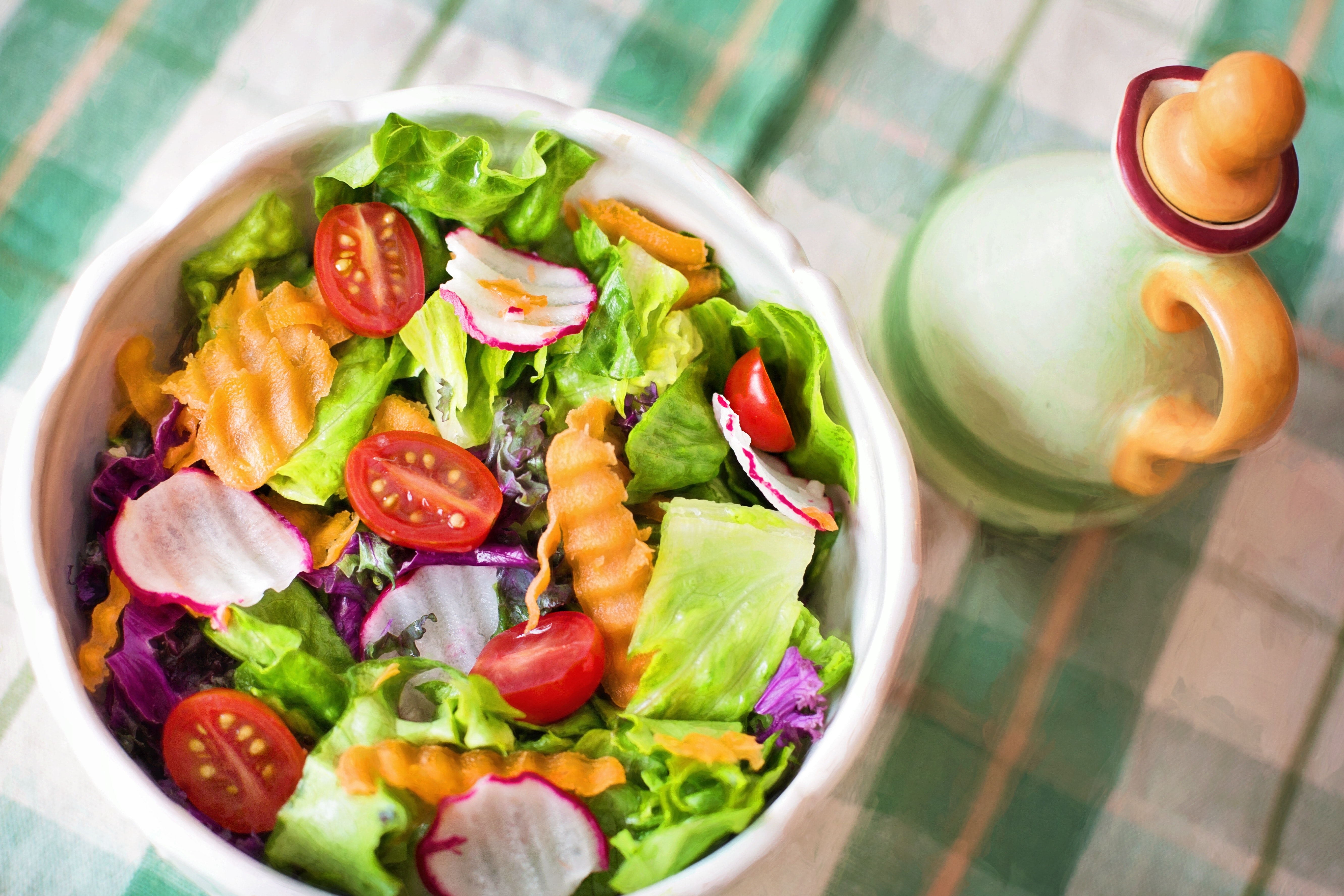We all aspire to eat better and live healthier, so it's helpful to understand what grocery items can help us reach these goals. Of course, knowing something and acting upon that knowledge are two separate things. You’ll need to prepare a list in advance that guides your decisions and helps you avoid temptations.
"Grocery shopping can be a difficult task, even for the most organized person," explains Healthline. "Tempting, unhealthy foods seem to lurk in every aisle, threatening to offset your health goals. A grocery list is a handy tool that can help you navigate the store with ease and help you stick to your healthy eating plan. A well-thought-out grocery list is not only a memory aide, it can also keep you on track, minimizing impulse buying while saving you money [...] What's more, studies have shown that using a list while grocery shopping can lead to healthier food choices and even weight loss."
So what foods should go on your list? The exact details might vary based on your age, dietary restrictions, family situation, and health goals, but let's look at 8 staples that would be a welcome addition to many shopping lists.
Skinless chicken breasts: This is one of healthiest portions of chicken, with great protein and limited fat. By always choosing skinless, you’ll also avoid the higher fat that’s found in the skin.
Healthy fats: It's no secret that fat usually isn't the best for your health. But the good variety, such as monounsaturated fats and polyunsaturated fats, benefit your heart health and can help you manage your cholesterol. Common examples of healthy fats include avocados, avocado oil, nuts, seeds, peanut butter, olives, and olive oil.
Brown rice: A good rule of thumb is that whole grains are preferable. Brown rice has more vitamins, minerals, and other health-boosting contents than white rice. Research suggests it can help with health conditions such as heart disease and diabetes.
Whole wheat bread: If you're looking for vitamins, minerals, and fiber, steer clear of refined wheat. Seek out whole-grain bread that lists "whole wheat flour" as the primary ingredient.
Low-sodium soups or broths: Sometimes there's nothing more satisfying than a bowl of hot soup. But most of the options in the canned soup aisle are loaded with sodium, so make sure to only choose low-sodium products. This way, you'll get the same health benefits, without the copious amounts of salt.
Fresh green vegetables: To get a nutrient-packed punch in every bite, choose some green vegetables. Prime examples include spinach, kale, artichokes, broccoli, green beans, asparagus, and collard greens.
Frozen vegetables: You might not realize it, but frozen vegetables usually offer the lion's share of the nutrients they contained when fresh. So you get the convenience of a frozen food, combined with the healthy benefits of your favorite vegetable.
Eggs (or egg substitutes): Do you remember that old ad campaign for the "Incredible Edible Egg?" Not only are eggs edible, but they're loaded with protein and nutrients. If eggs aren't a good fit for your diet, there are some equally beneficial egg substitutes you should check out.
While all of these grocery options can work wonders for your health, it's unlikely that they're all a perfect fit for your budget, diet, and health restrictions. So be strategic in your shopping. The most important question to ask is whether or not you're realistically going to eat what you're buying.
"The first step to cooking healthy is to stock your kitchen with a variety of foods that you can throw together for healthy meals in a hurry," says Cancer.org. "Keep these foods on hand for fast meals on busy nights."
By carefully selecting food that you'll enjoy and benefit from, you can make sure that your grocery list aligns with your lifestyle. You won't just be taking care of your body—you'll be eating some delicious meals in the process.
